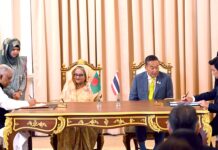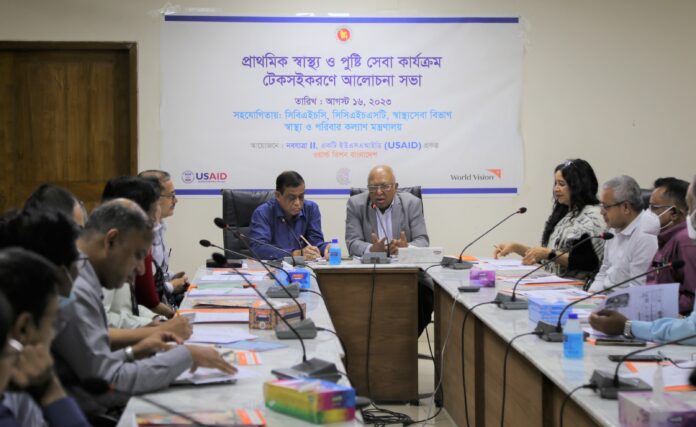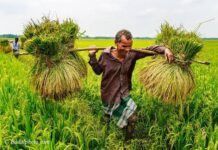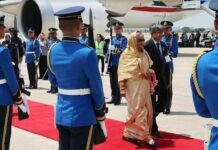Dhaka, Wednesday, August 16, 2023:
The idea about Community Clinic must be clear to all that it is not a usual hospital in nature but a private and public initiative in the community level to ensure universal health services for the community people, said Professor Dr. Syed Modasser Ali, Chairman, Community Clinic Health Service Trust (CCHST), under the Directorate General of Health Services (DGHC), Ministry of Health and Family Welfare.
“The government is planning to increase the number of Community Health Care Providers (CHCP) from one to two for each of the Community Clinics Bangladesh,” he informed.
The veteran government official who visited over 8,000 community clinics, urged the government and private physicians, health workers, NGO workers not to provide services only but to reach people’s hearts and that is the only parameter of our success. 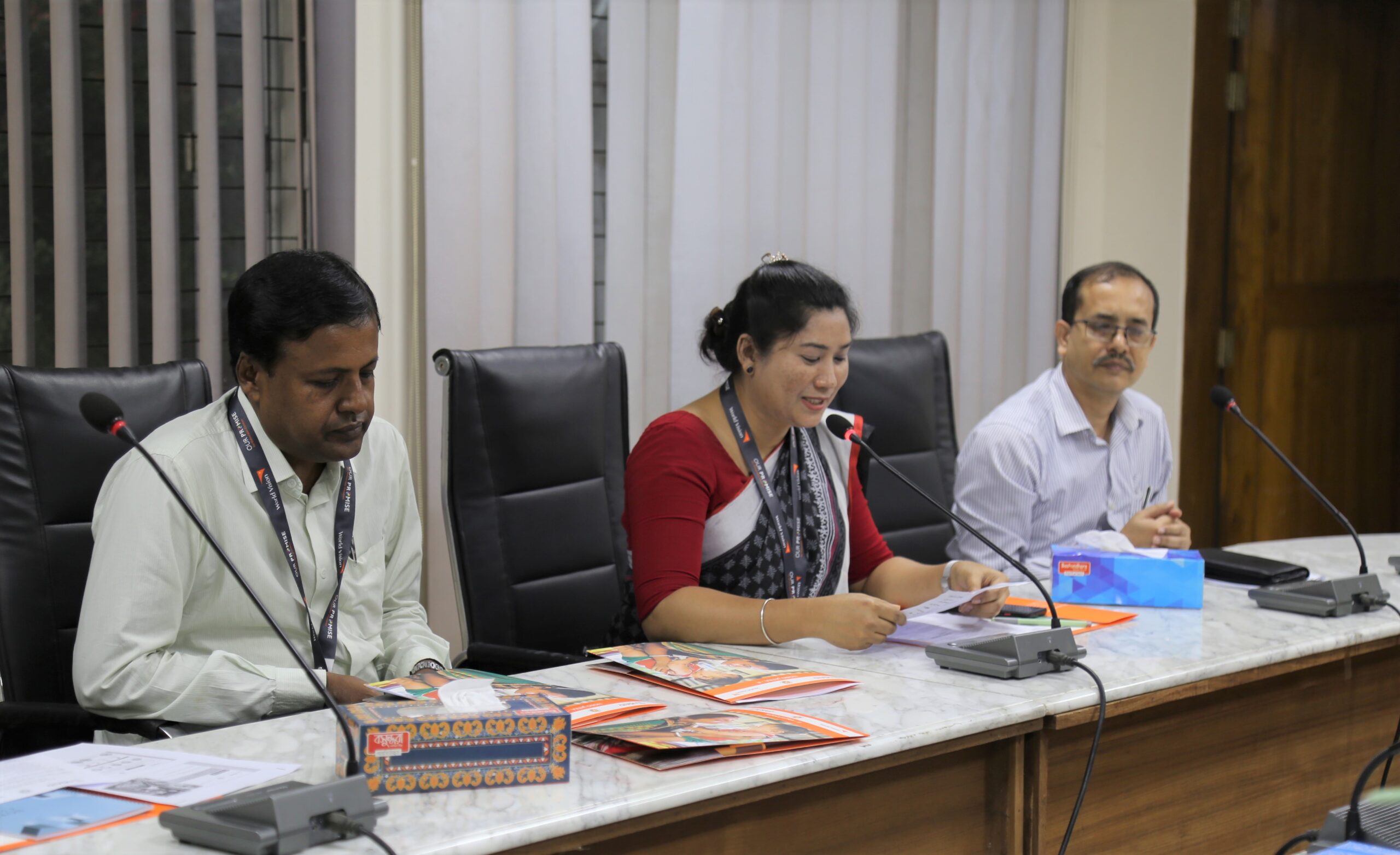
He made these remarks on Wednesday at a discussion at BMRC Bhaban at Mohakhali in Dhaka on “Sustaining quality primary health services and nutrition activities in southwest Bangladesh” organized by World Vision Bangladesh (WVB) under USAID’s Nobo Jatra Project II (NJP II).
Dr. Md. Quiume Talukder, Line Director, Community Based Health Care (CBHC), CCHST, presided over the discussion which was attended by Dr. Tulshi Ranjan Saha, Managing Director (Additional Secretary) of CCHST; Dr Shahana Parveen, National Coordinator, Community Group (CG) and Community Support Group (CSG) of CCHST as special guests.
Lima Hanna Daring, Chief of Party (CoP), NJP II, delivered the welcome speech and shared the objectives of the discussion. Dr. Geeta Rani Devi, Deputy Program Manager (DPM), Community Mobilization, CBHC, CCHST, moderated the discussion. Dr Rafiqul Islam, Deputy Secretary, CBHC, CCHST; Bimal Chandra Deb, Assistant Secretary, CBHC, CCHST among others were present.
Nirmal Sarker, Senior Technical Advisor, NJP II, WVB, shared a presentation on the project experiences and activities from the implementation of integrated GMP session at the EPI sites. Feroz Ahmed, MCHN Advisor, NJP II, was present at the event.
Dr. Tulshi Ranjan Saha, Managing Director (Additional Secretary) of CCHST, said “WVB is working well in for long time in Bangladesh. I witness their great works at Shyamnagar Upazila in Satkhira and Bogura district.”
Growth Monitoring and Promotion (GMP) is very necessary for children’s growth, he said adding that it is a must to ensure future healthy nation. 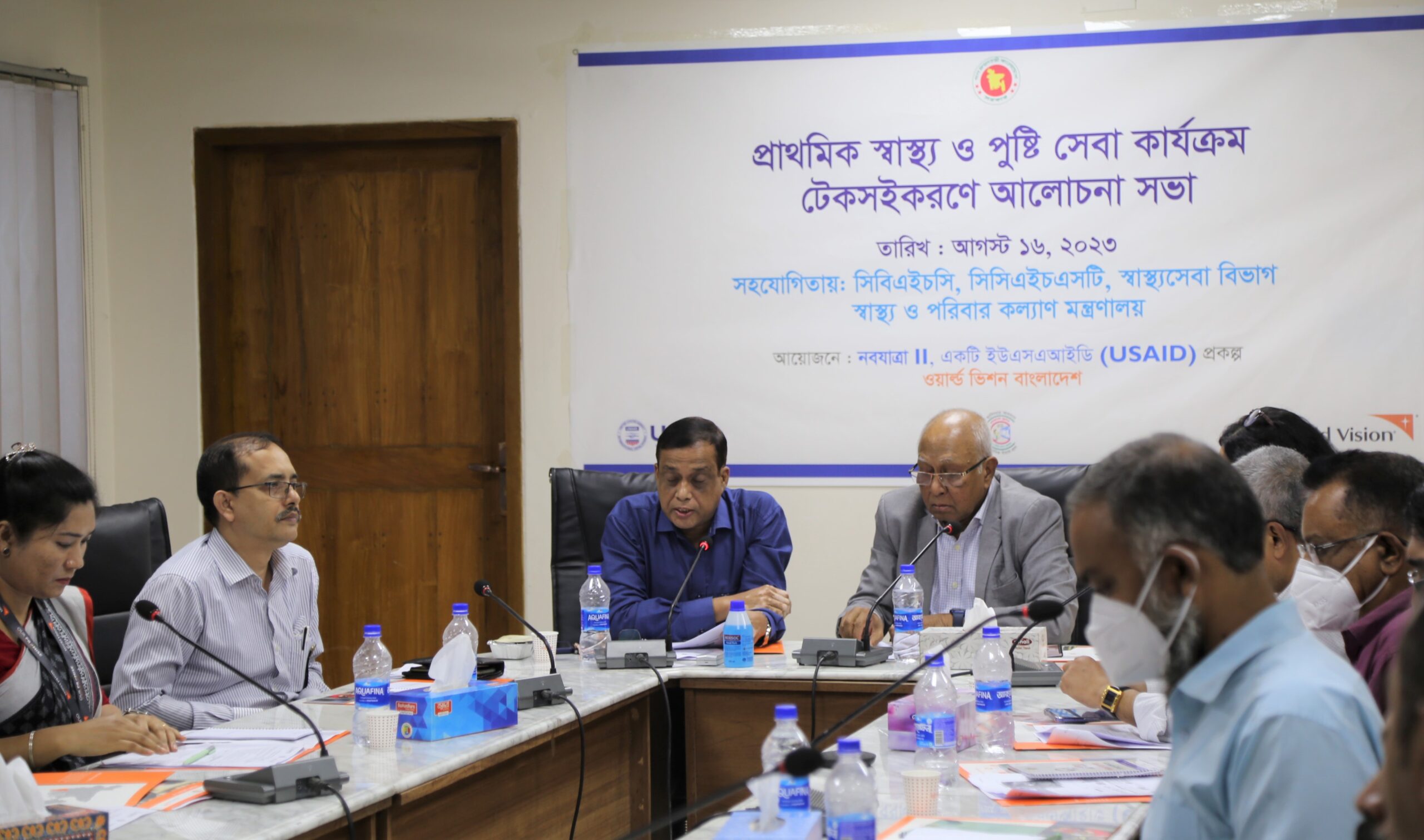
Dr. Md. Quiume Talukder, Line Director, CBHC, CCHST, said “I’m happy to know that NJP II is not only working for health but also working for financial development of marginal people. It is necessary to ensure financial solvency to ensure nutritious food intake.”
The Line Director appreciated the NJP’s financial aids for the marginal pregnant women and said that the CBHC will continue supporting World Vision Bangladesh, he confirmed.
Nobo Jatra Project II (NJP II) at a glance:
USAID’s Nobo Jatra Project II is a 24 months (October 1, 2022 – September 30, 2024) sustainability and system-strengthening phase of Nobo Jatra Project (NJP). World Vision Bangladesh is implementing the project to sustain and solidify key service delivery systems that build the resilience of vulnerable populations in southwest Bangladesh.
WVB has been implementing the project in close coordination with the Government of Bangladesh (GoB) to ensure continuity in sustaining and solidifying the key outcomes facilitated under NJP and ensuring sustainability and greater resilience of 66,000 unique participants.
Of the total project participants, 5,074 are pregnant women; 10,313 children U-2; 19,372 ultra-poor people; 11,048 agriculture-smallholder producers; 1,678 local service providers; 11,431 Alternative Income Generating Activity (AIGA) participants and 7,084 value chain producers.
Of the 1,678 local service providers- 100 are Village Agents (VAs); 80 Gold Star Members (GSMs); 199 Lead Farmers; 889 Sub-lead Farmers and 410 Input/output Retailers are working to sustain various services to the community people.
To build the overall resilience of targeted participants, NJP II integrates interventions in Maternal Child Health and Nutrition (MCHN), Agriculture and Alternative Livelihoods, with gender equality, good governance, social accountability and market systems development as intersectional themes.



